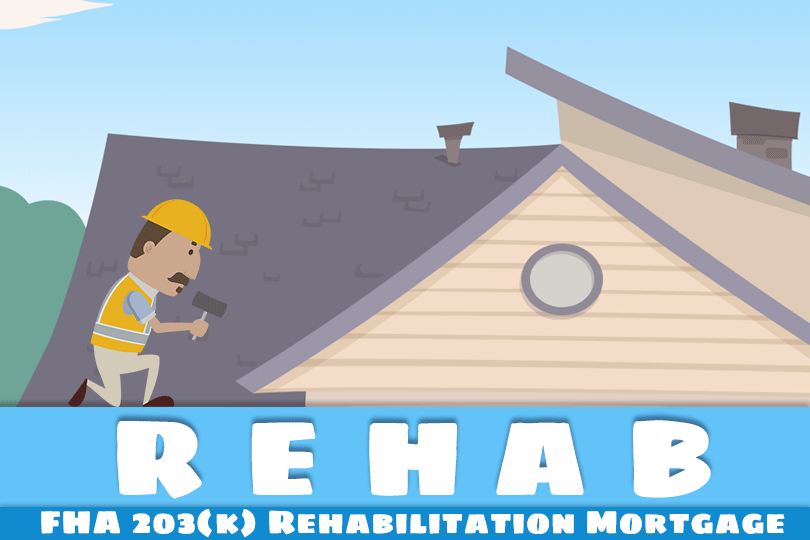Questions to Ask When Planning Your Rehab Loan

This loan can be used to buy a fixer-upper and finance the repairs needed to make the home livable and meet local building code requirements.
Important questions should be asked in the planning stages for these loans. We examine some of the key points below.
Do I Need More Money?
When renovating a home, the answer is typically yes. You should have more money than you think you need.
But the real question might be, “Is my project vulnerable to delays or budget problems?” If you apply for a renovation loan, it is wise to structure your project to include a cushion for unanticipated costs.
That could mean saving some extra money to complete the repairs in the face of unexpected problems or delays. This is typically known as a contingency fund and those who don’t have one leave themselves open to potential complications with the project down the road.
Spend More Now to Save Later?
Some are tempted to skimp on building materials or what seem like pricey upgrades to the home.
But when selecting your materials and designs for the work, it makes sense to spend a bit extra for better quality to avoid replacing features in the home due to the potentially shorter lifespan of some “budget” options.
Paying more upfront for quality is a way to avoid paying for replacements or repairs too soon after the work is completed.
Should I Let My Contractor Cut Corners to Save Money?
In short, no. There are plenty of contractor scams out there. Some will offer you a discount because they supposedly have materials left over from another job and want to “cut you a break,” but don’t be taken in by such offers.
Don’t let the contractor deviate from the work as required in the legally binding contract you both signed.
Should I Expect My Project to Be Finished on Time and Budget?
This question is related to the first question that opened this article. In an ideal world, all labor on all construction or rehab loan projects gets done as it was defined on paper at the start of the project.
However, expecting a delay-free process is unrealistic. Borrowers should anticipate delays, cost overruns, and related issues as a standard part of building or renovating property, not as an exception.
Borrowers who don’t plan for these problems get a wake-up call at some point in the process, whether it’s a delay in obtaining the proper permits, a supply chain issue that prevents labor from starting on time, or even weather-related delays that no one can predict or control.
Those who expect the unexpected in this process are the ones who are in the best position to deal with the problems they may encounter along the way.
------------------------------
RELATED VIDEOS:
Don't Skip the Home Inspection
Bigger is Better With a Jumbo Loan
Insuring Mortgages With the FHA Funding Fee

Do you know what's on your credit report?
Learn what your score means.







